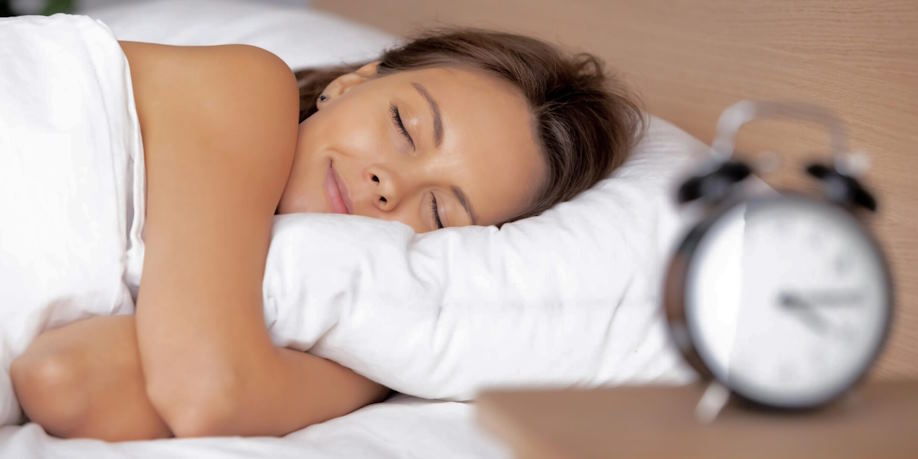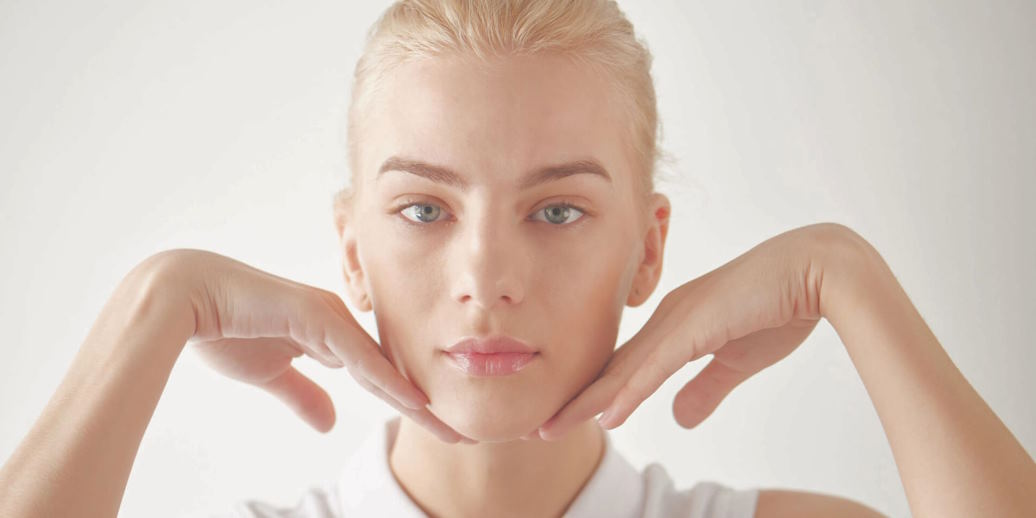With the desire to look beautiful, we often try an array of skincare products, exercise routines, and dietary plans. Yet, there is one powerful and natural elixir that can have a profound impact on our appearance and overall well-being – sleep.
How does sleeping influence your appearance?
Sleep wields incredible power over our appearance. Here’s how it works:
Skin Rejuvenation
During deep sleep, your body ramps up the production of growth hormones. These hormones stimulate the repair and regeneration of skin cells, helping to heal wounds, reduce inflammation, and rejuvenate your complexion. Lack of sleep can lead to collagen breakdown, causing wrinkles and sagging.
Bright Eyes
Adequate sleep helps prevent under-eye bags and dark circles. When you’re well-rested, blood vessels constrict, reducing the appearance of puffiness and discoloration.

Healthy Hair
Sleep is essential for the growth and repair of hair follicles. It also ensures proper blood flow to the scalp, preventing hair loss and promoting shiny, healthy locks.
Youthful Glow
Sleep deprivation can lead to an increase in stress hormones like cortisol. Elevated cortisol levels can break down collagen and elastin, leading to premature aging and a dull complexion.
Reduction of Inflammation
Chronic sleep deprivation is associated with increased inflammation, which can exacerbate skin conditions like acne, psoriasis, and eczema.
In essence, quality sleep is like a natural beauty treatment. It allows your body to repair and regenerate, promoting a healthier, more youthful appearance.
What is quality sleep?
Quality sleep is a restorative and uninterrupted sleep cycle that allows your body and mind to recharge fully. Remember that quality sleep usually involves getting the recommended amount of sleep for your age, typically 7-9 hours for adults.
However, it’s not just about the number of hours you spend in bed but also the depth and restfulness of your sleep. Quality sleep means minimal interruptions during the night. In this way, you can progress through the various sleep cycles, including deep, restorative REM (rapid eye movement) sleep.



